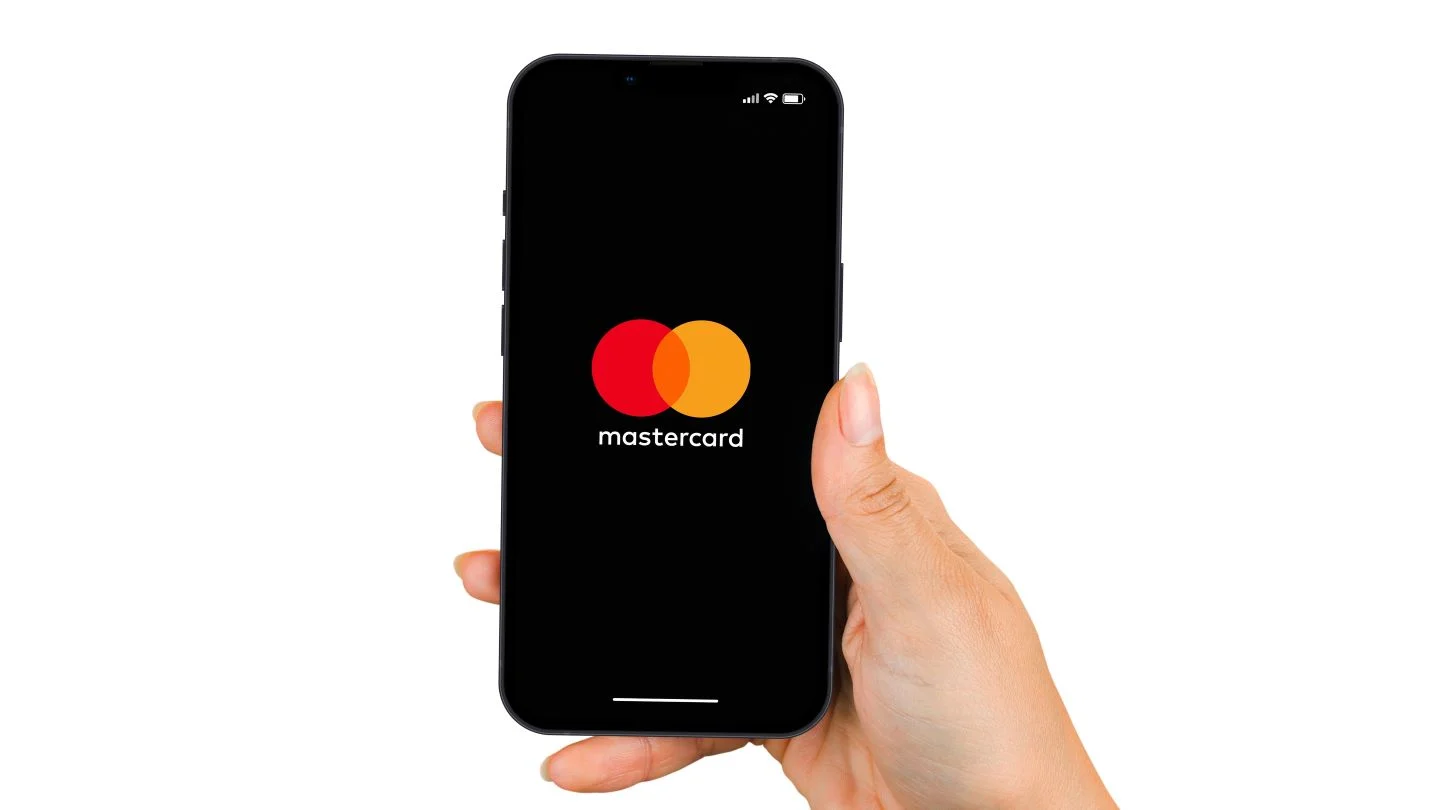Global payment processor Mastercard on Thursday launched TRACE (Trace Financial Crime) in the Philippines, making the country the second market after the UK to offer the cutting-edge crime-prevention technology globally, which has been integrated into the Real-Time Payment (RTP) network.
The initiative is in partnership with the local interbank network BancNet (the switch operator of local RTP service InstaPay). BancNet has now onboarded 36 domestic banks.
To better comply with the nation’s recently enacted Anti-Financial Account Scamming Act (AFASA), the solution enables participating institutions to detect money mule activity throughout the network, proactively highlight suspected money laundering accounts, and swiftly and extensively trace dispersed illicit funds across the RTP system.
Read also: Mastercard expands footprint in East Africa with new office in Uganda
Popularity of the RTP system and its challenges
Real-Time Payments (RTP) have become increasingly popular among individuals and organisations in Asia Pacific in recent years. This is because they enable transactions between accounts at various financial institutions to be processed in a matter of seconds when in the past, this process frequently took days.
However, because of its speed, it has also become a target for “mules” and money launderers who scramble to avoid detection by quickly transferring money between several accounts. Criminals frequently use techniques like romance and investment scams to access the accounts of innocent citizens.
To identify these illegal patterns, financial institutions have mostly relied on semi-manual techniques or internal AI solutions; however, these usually rely on their own data and lack the comprehensive, network-level perspective required to track down such extensive criminal activity. Investigations frequently take weeks to finish.
To solve this, Mastercard created TRACE, which employs state-of-the-art data science methods to track potentially fraudulent transaction patterns throughout a payments network and to notify banks in advance of suspicious account activity.
Read also: Mastercard, Payrails partner to enhance security of digital transactions
The effectiveness of TRACE in combating financial fraud
TRACE is a cutting-edge network-level solution that uses artificial intelligence to detect and stop financial crime and money laundering. With the use of timely and extensive payment data from numerous financial institutions, TRACE offers comprehensive information that goes beyond the walled perspective of a single financial institution and makes it possible to track financial crime throughout a payments network.
TRACE gives financial organisations a network-level insight they wouldn’t otherwise have by integrating vital data points from a whole domestic network to identify money mules involved in financial crime (such as frauds, scams, etc.).
For RTP systems, TRACE is the first network-level solution designed to track the distribution of payments and proactively detect money mules.
Being network-agnostic, TRACE can be swiftly and efficiently integrated into the region’s payment networks, satisfying regulatory requirements while assisting in safeguarding consumers against fraud and scams.
Mastercard introduced the solution in 2018, and as of right now, 21 financial institutions and tier-one banks use it, accounting for 90% of the UK’s Faster Payments Service network.
Thousands of mule accounts have been found thanks to TRACE since its inception, and it continues to find hundreds of new money mule accounts each month.
With the recent opening of Mastercard’s new offices in Uganda and Ghana, it is crucial that this fraud-prevention cutting-edge technology is also expanded to Africa.
Africa is one of the largest markets for Mastercard, where many people have become victims of financial fraud.





Leave a Reply